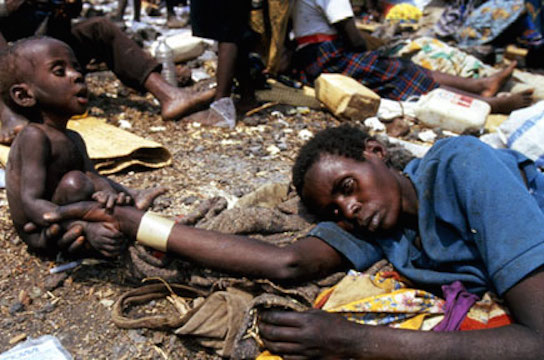INTRODUCTION
On December 31, 2010 The Guardian published an article by Mr Stephen Kinzer, a US journalist and author. In the article, titled "End human rights imperialism now” ( see here): Steven Kinzer attacks human rights groups, singling out the reputable Human Rights Watch for having "lost their way by imposing western, 'universal' standards on developing countries.” Unfortunately Stephen Kinzer's arguments are based on the fallacies and contradictions he set out to denounce and suffer at least three major flaws: they contradict his own stated principle of the universality of American Values, they target the wrong culprits, and they are based on wrong premises and bad examples.
Stephen Kinzer contradicts his recent statements criticizing the US foreign policies. In a Winter 2010 interview with Imagineer Magazine(see here:http://www.imagineermagazine.com/index.php/issue_archives/autumn/stephen_kinzer) Mr. Kinzer stated:
"The effects of U.S. intervention in Latin America have been overwhelming negative. They have had the effect of reinforcing brutal and unjust social systems and crushing people who are fighting for what we would actually call 'American values.' In many cases, if you take Chile, Guatemala, or Honduras for examples, we actually overthrew governments that had principles similar to ours and replaced those democratic, quasi-democratic, or nationalist leaders with people who detest everything the United States stands for."
What are those American values? Aren't human rights part of our American values?
For Stephen Kinzer there are human rights for the developed people and those for the poor, underdeveloped countries. This view undermines the "American Values" concept. Kinzer’s logic may be understood like this: give food, education, clean water to people in underdeveloped countries but arrest or kill them when they ask for impartial, just, and democratic institutions, because they cannot be hold to American standards! He makes a dicto simpliciter argument by claiming that the aspirations for human rights around the World are a product of the elitist Western societies promoted by out-of-touch human rights organizations.












No comments:
Post a Comment